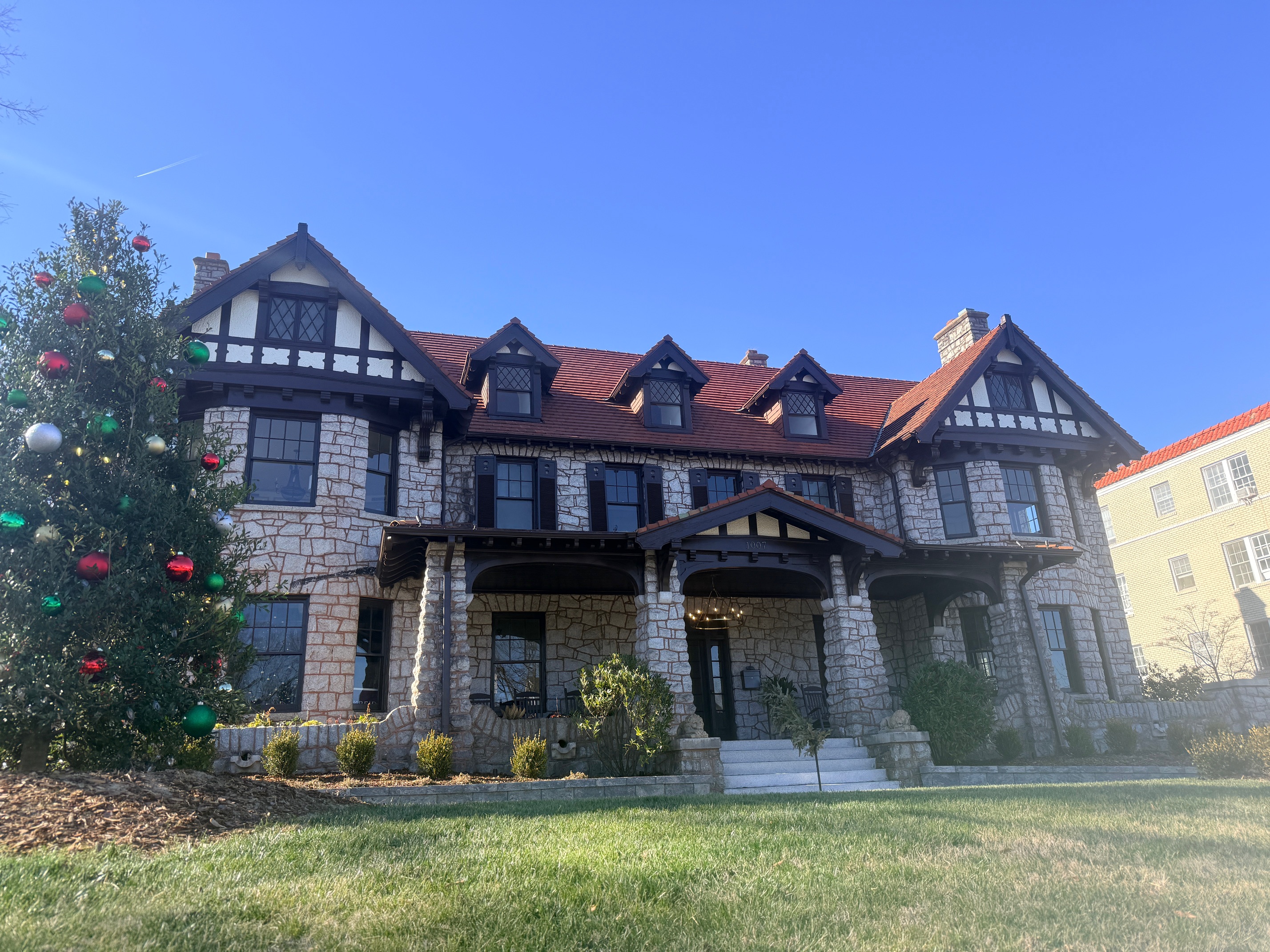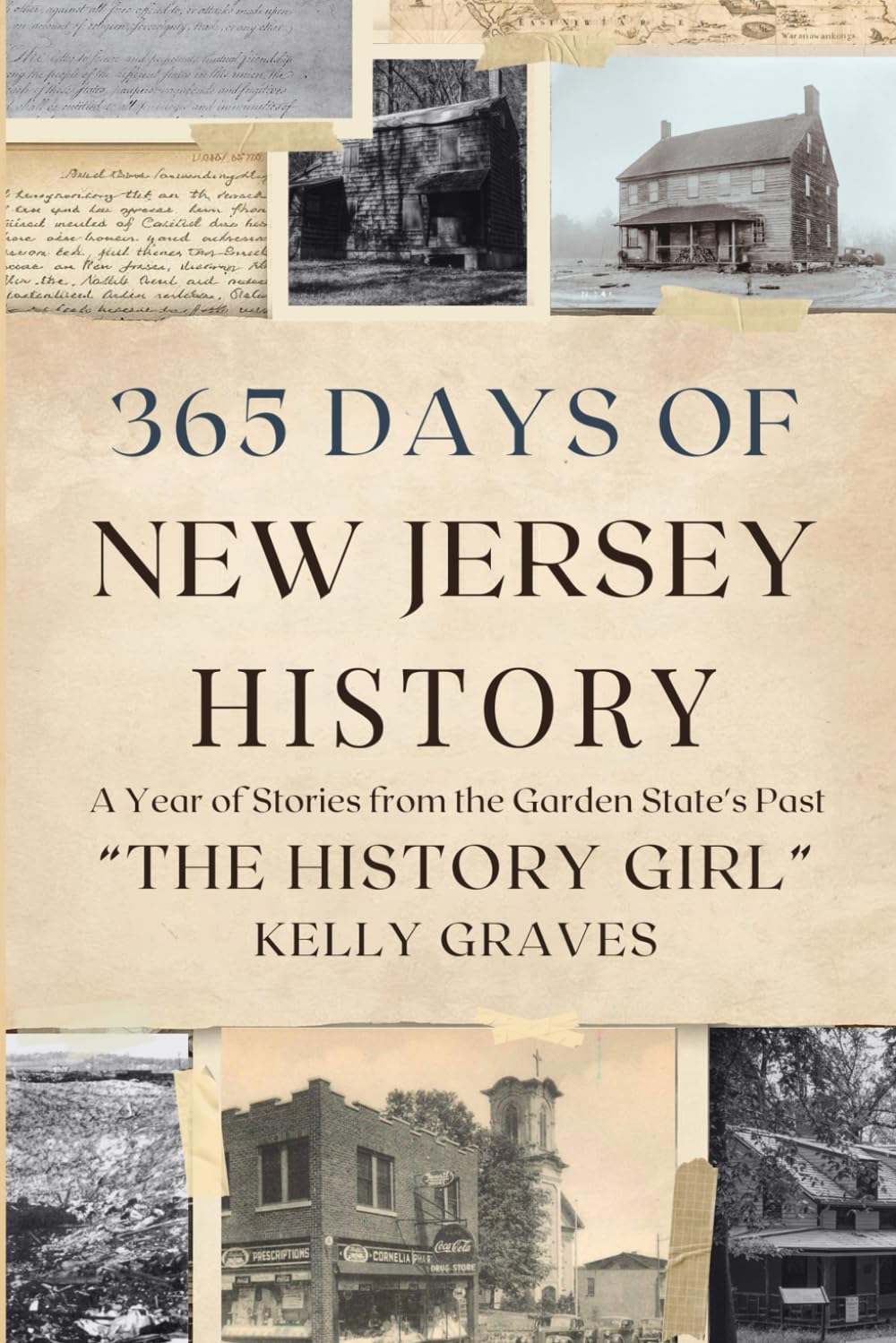From Hopewell to the Old North State: The Epic Journey of the Jersey Settlement

Ever wonder about the hidden threads connecting seemingly disparate places in America’s past? Today, we’re diving deep into a fascinating colonial saga that links the quiet farmlands of New Jersey to the burgeoning backcountry of North Carolina. It’s a story of injustice, resilience, and the relentless pursuit of a better life, culminating in the establishment of a unique community known as the “Jersey Settlement.”
When Home Wasn’t Home Anymore: The New Jersey Story
Imagine building a life, tilling the land your family bought, only to have it snatched away by powerful, greedy hands. That’s precisely what happened to many early settlers in colonial New Jersey.
New Jersey’s early days were a bit of a wild west, politically speaking. After the English took over from the Dutch in 1664, King Charles II handed vast tracts of land to his buddies, Lord John Berkeley and Sir George Carteret. This created a “proprietary” system where wealthy individuals not only owned the land but also held the power to govern its inhabitants. Sounds ripe for trouble, right? Well, it was “predestined for abuse of power for personal gain and disputes over land ownership”.
Enter the infamous “Coxe Affair.” Dr. Daniel Coxe and his son, Colonel Daniel Coxe, were two such “villainous Proprietors”. Dr. Coxe, described as a “ruthless, ‘bottom-line’ speculator,” even declared himself governor of West Jersey in 1685. Their scheme involved invalidating deeds to thousands of acres in Hopewell Township, Hunterdon County—land that settlers had legitimately purchased and worked for years.
By 1732, the New Jersey Supreme Court issued “Writs of Trespass & Ejectment” against these dispossessed families. With Colonel Coxe sitting as a Justice on that very court, there was no higher appeal. Settlers were left with three stark choices: “pay, remove, or resist”. For many, especially families like the Hunts, Smiths, Heatons, and Tituses, the answer was clear: it was time to move. The economic instability caused by these land disputes was a powerful “push” factor, sending them southward.
North Carolina Calling: A Fresh Start
So, where did these determined families go? They looked south, to North Carolina, a colony that offered a stark contrast to the land insecurity they’d endured.
North Carolina, then a burgeoning royal colony, had plenty of cheap, available land. This was a huge draw for immigrants seeking economic independence. Beyond just land, the Lords Proprietors of Carolina had a progressive policy: they offered “freedom of religion to all Christians”. This was a beacon for diverse Protestant groups, including Anglicans, Quakers, Presbyterians, Methodists, Lutherans, and Baptists, who sought a place to worship freely. For the New Jersey migrants, many of whom were Presbyterians, Quakers, and Baptists, this religious liberty was as vital as secure land.
This migration wasn’t an isolated incident. North Carolina’s interior was a melting pot, attracting Scots-Irish, Germans, and other groups from various colonies, all seeking opportunity and relief from hardship. The New Jersey exodus was simply one compelling chapter in this larger story of colonial American movement.
The Jersey Settlement: Roots in New Soil
Around 1745, the first families from Hopewell, New Jersey, began arriving in North Carolina, establishing what would become known as the “Jersey Settlement”. This community, primarily located in what is now Rowan (and later Davidson) County, was founded explicitly to “recoup losses suffered when New Jersey’s Supreme Court invalidated deeds”. They were granted a substantial 100,000 acres of land within the Granville grant, a testament to the opportunities North Carolina offered.
The Jersey Settlement quickly became a vibrant hub. They established the Jersey Baptist Church, with early pastors like Benjamin Miller and John Gano, both from New Jersey. The community was a remarkable blend of denominations, with the church deed reflecting a “united congregation consisting of the professors of the Church of England, the Church of Scotland, and the Baptists in the Jersey Settlement”. Talk about interfaith cooperation!

A Familiar Fight: The Regulator War
The experiences these Jersey settlers had in New Jersey, particularly their battles against corrupt land practices, profoundly shaped their political consciousness. It’s no surprise, then, that the “Coxe Affair” directly influenced their “violent” reaction against similar abuses in North Carolina.
North Carolina’s backcountry farmers faced their own set of grievances: inflated land prices, corrupt officials demanding excessive fees, and a chronic shortage of hard currency. These frustrations ignited the Regulator War of 1771, a conflict some historians consider the “first true battle of the American Revolution”.
A key figure in this uprising was Captain Benjamin Merrill, a gunsmith and planter born in Hopewell, New Jersey, and a deacon of the Jersey Baptist Church. Merrill rallied a company of 300 men, mostly Baptists from the Jersey Settlement, to join the Regulator forces. Though the Regulators sought legal redress, their efforts failed, leading to armed conflict.
At the Battle of Alamance, Governor William Tryon’s militia defeated the Regulators. Tragically, Merrill was captured and, along with five others, was executed for high treason on June 19, 1771. His final words, urging spectators to learn from his suffering, underscore the gravity of their fight for justice. The Regulator War, fueled in part by the very people who fled New Jersey’s injustices, served as a direct prelude to the American Revolution, highlighting the deep-seated grievances against colonial corruption.
Lasting Echoes: The Legacy
Even after the Revolution, the Jersey Settlement continued to evolve. While Quaker immigration to North Carolina eventually ceased, many Southern Friends moved westward to escape the growing institution of slavery. The Jersey Settlement’s area, initially part of Anson and then Rowan County, became part of the newly established Davidson County in 1822, with officials from the settlement playing a role in its founding.
The story of the Jersey Settlement is more than just a historical footnote. It’s a powerful reminder of how individual struggles for fundamental rights—secure land ownership, fair governance, and religious freedom—could drive significant demographic shifts and even ignite revolutionary fervor across the American colonies. These New Jersey migrants didn’t just move; they carried their experiences, their resilience, and their fight for justice, leaving an indelible mark on the Old North State.






Leave a Reply